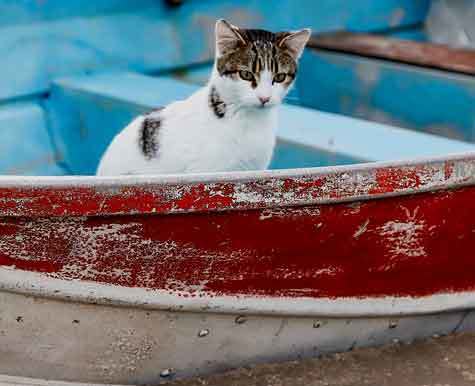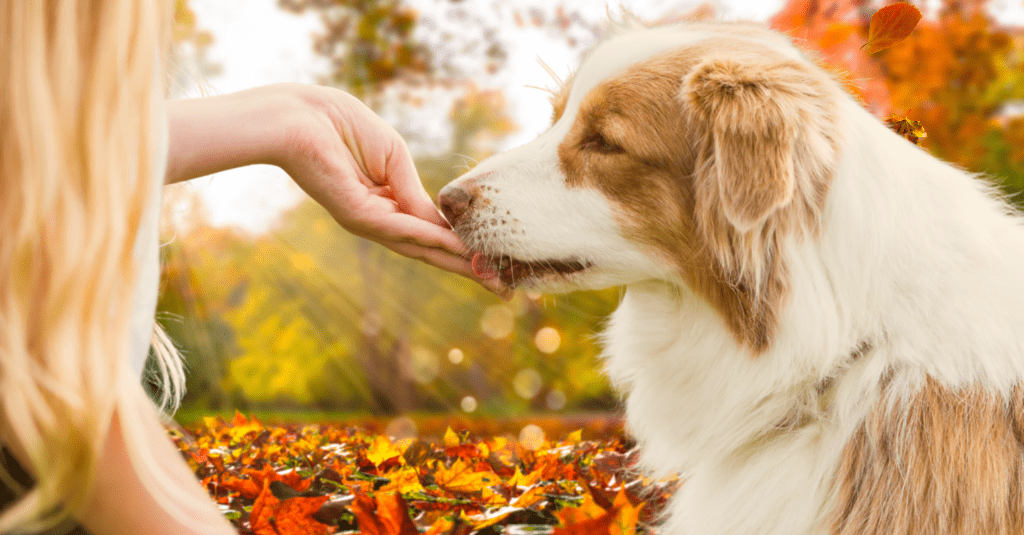






Aegean Cat
 Overview
Overview
Overview of Aegean Cat
Archeologists have found evidence that the first domesticated cat lived on the Mediteranean island of Cyprus 9500 years ago so the Agean cat likely descended from these ancient felines! Generally only found around the Greek Islands, Aegean cats are a naturally occurring breed first discovered on the Cycladic Islands (in the Aegean Sea). With a semi-long haired coat, Aegean cats typically weigh about 9-10 lbs for males and 7-9 lbs for females. These medium-sized cats tend to shed excess hair all year round when living indoors (due to exposure to artificial light). They are less prone to genetic diseases since their breed came about through natural selection.
Common Health Conditions & Recommendations for Aegean Cat
Renal Failure:
A condition that develops when a cat’s kidneys begin to lose function. This can happen due to old age, trauma, infection or the accidental ingestion of toxins. Kidney disease can be fatal for cats, but early diagnosis and proper care can prolong the cat’s life.
Recommendations for Renal Failure in Aegean Cat Cats:
Common Health Conditions & Recommendations for Aegean Cat
Hyperthyroidism:
A condition that develops when the thyroid gland (located in the neck) begins to overproduce thyroid hormones. Typically affecting cats 7 years or older, the overproduction increases the cat’s metabolism creating long-term negative effects on the heart, kidneys and other organs.
Recommendations for Hyperthyroidism in Aegean Cat Cats:
Common Health Conditions & Recommendations for Aegean Cat
Diabetes in Cats:
Type i Diabetes is a condition that develops when the body cannot break down sugars because too little insulin is being produced. Type ii occurs when insulin is not used correctly.
Recommendations for Diabetes in Cats in Aegean Cat Cats:
 Personality
Personality

Aegean cats tend to be smart, active, and friendly towards people. They can be a great pet for families with children but make sure to keep a secure lid on any fish tanks at home because Aegeans aren’t afraid to get wet; on the contrary, they have large, rounded paws (great for fishing) and true to their island roots, have been known to jump into the water and fish for themselves!



 USD
USD
 Canadian Dollars
Canadian Dollars


